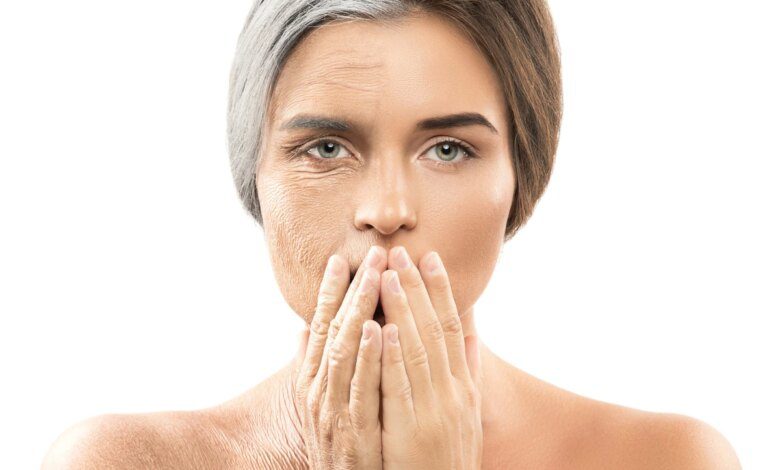
Here's why you may turn white prematurely: gray hair and lack of certain vitamins...
Vitamin deficiency and hypothyroidism may be key causes of premature graying of hair, writes Express.
Evidence suggests that signs of age, such as graying, can be delayed or even reversible in some cases.
The length and appearance of skin and hair matter to a person's self-esteem. As the body ages, these features are the first to show signs of aging. There is evidence that genetics is the most important factor in determining gray hair, but research suggests that nutritional deficiencies may also play a role.
Lack of iron and vitamins D and B can cause hair to turn grey.
Graying hair is a sign of autoimmune diseases and other lifestyle factors such as stress and smoking.
Research has also shown the role of environmental factors such as exposure to ultraviolet light, climate, micronutrients and nutritional deficiencies on hair graying.
According to Express, “Although the main causes of premature hair graying are considered genetic, several environmental factors also play an important role. Micronutrient deficiencies such as vitamin B12, vitamin D3 and calcium may also be associated with premature graying of hair.”
Although the researchers found that graying hair often coincided with low vitamin D levels, they were unable to prove a cause-and-effect relationship between the two.
Autoimmune disorders associated with premature graying of hair include vitiligo and pernicious anemia, which is associated with B12 and iron deficiency.
The role of anemia in hair graying is explained by the role of iron in blood cells. Since iron is responsible for transporting oxygen throughout the body, it is thought that it may also play a key role in prolonging hair pigment production.














